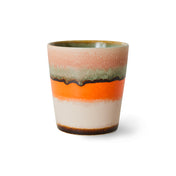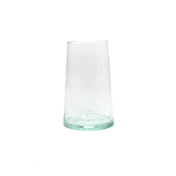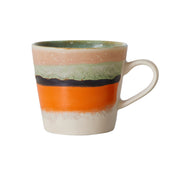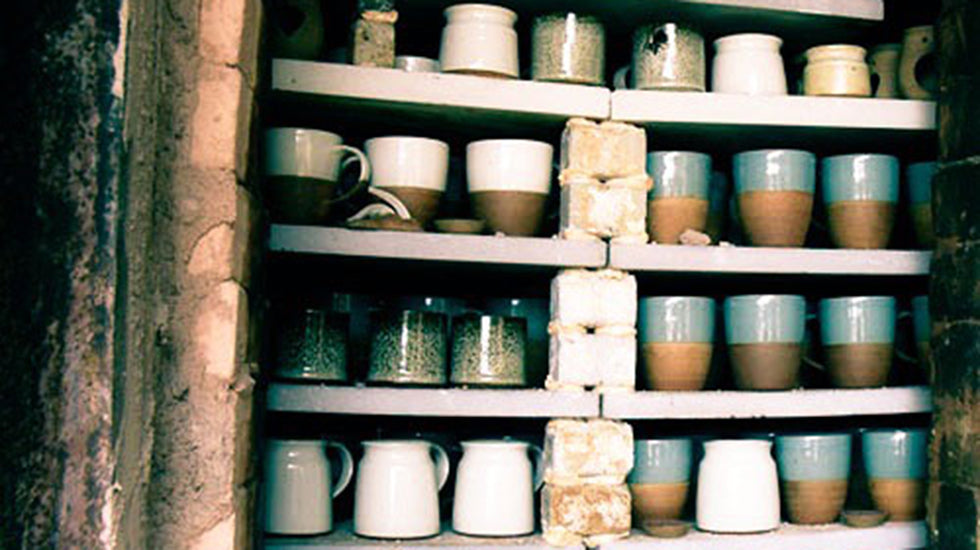
Our range of pottery is supplied by Nkuku, a UK company that shares our philosophy, promoting and developing the traditional skills of artisans. Nkuku is socially responsible and is built on the principles of fair trade and equal opportunity, working with craftsmen and women who have astounding skills but challenging living standards and restricted opportunities.
The ceramics that we sell are hand made near Pondicherry in India as part of a fair trade project. The project was established in 1985 to provide training and secure employment for men and women both able bodied and disabled, from disadvantaged backgrounds. The scheme now employs 40 people and focuses particularly on empowering women in the work place.
All the artisans on the scheme are offered three years training, the first year is dedicated to basic skills. The artisans earn a fixed monthly salary to help ensure stability. The scheme has had a direct impact on the living standards of the artisans. Many, when they started had limited opportunities and basic living standards. The regular employment means that the artisans have enough funds to make improvements such as installing electricity and running water in their homes as well as making a few small luxury purchases such as televisions and bicycles to help with transport to work.
The process of making this type of pottery is long and consists of various stages. The artisans work with five different types of clay which come from mines in Rajasthan. This is the last area in India where this raw material is available.
The first step consists of mixing the clay with water in a tank which is then stirred for two hours. The mixture then goes through a sieve, which removes dust and ensures the clay is clear before it goes into the second tank. After one week, the clay goes to other tanks, where it stays for two days more. This first step of the process depends on the weather. If it rains it means the clay does not dry and the whole process is affected.
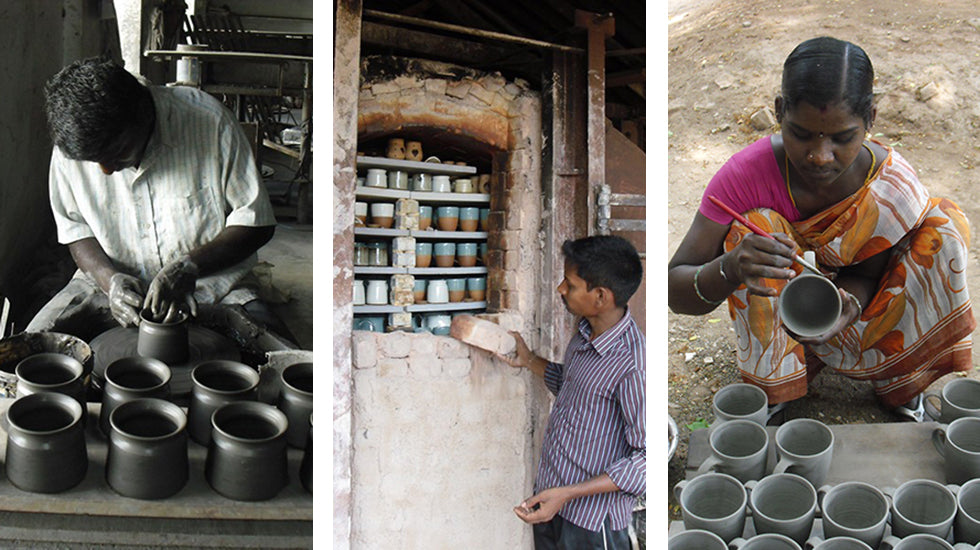
A master craftsman or woman then carries out the throwing of the piece, and gives the shape to the diffuser. The diffuser has to be accurate and precise, as all the diffusers have to be the same. One craftsman is able to make around 75 pieces per day. It is at this point that the handles are added to each mug and any additional details are made. The next step is the drying process which is done outside, a further two days, weather is again an important factor and can delay the process.
Finally, the piece is fired in a kiln, hand made from bricks. The oven is heated by wood, bought from local farmers. The pieces remain in the oven for eight hours and then are left to cool for two days. The finished pieces are then carefully packaged and shipped to Nkuku in the UK.
“There is something magical about holding a mug in your hand knowing the story about the person who made it and the journey the piece has taken.”
Photos & story courtesy of Nkuku
(Apologies, these products are no longer available.)




